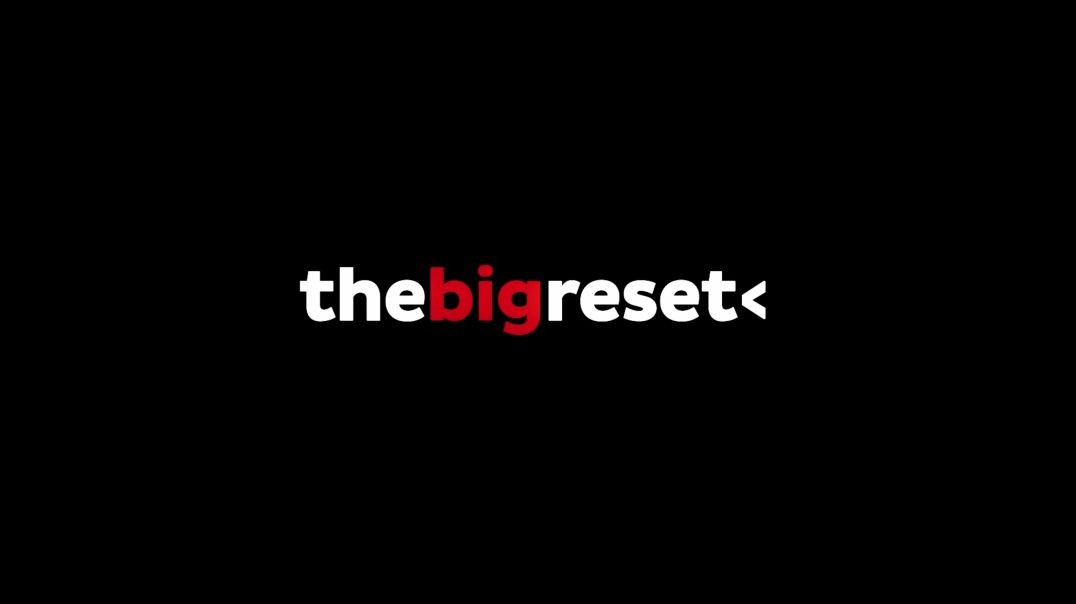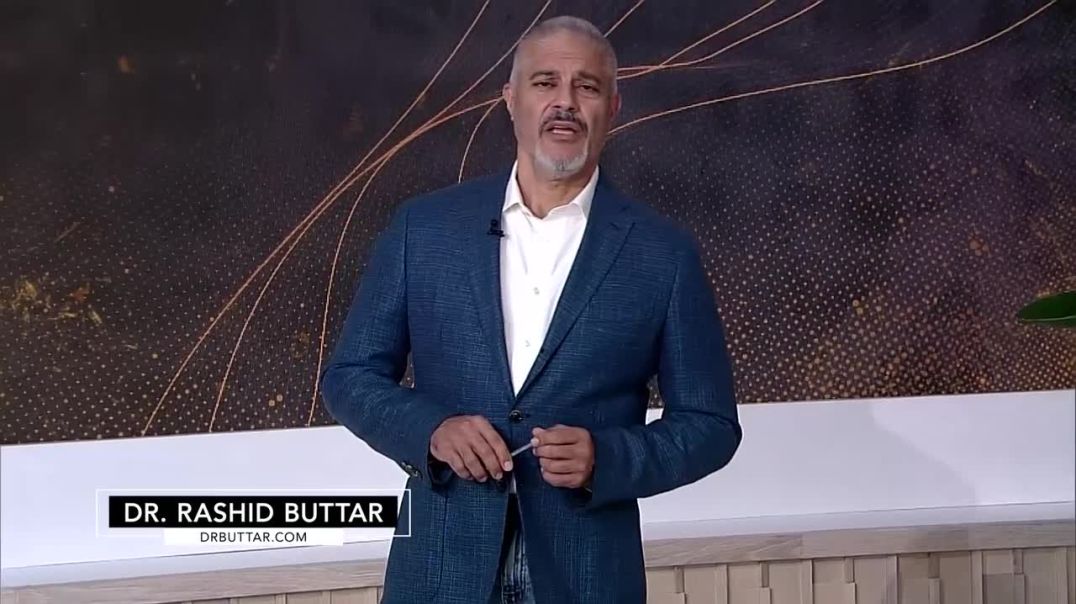by - L. Richardson
A free society founded on private property rights upholds prosperity and paves the way for economic growth and individual liberty. Defending private prosperity through secure property rights is critical and promising for attracting productive and hard-working people, enabling capital formation, and unleashing the entrepreneurial spirit that drives growth.
No one wishes to have their rightfully owned property violated, as the tyranny of property rights attacks, sows insecurity, stifles investment and erodes freedom's foundation on property rights. This article explores the economic benefits of upholding prosperity through property, contrasting them with the real-world consequences of capital flight, where investors move their assets to more secure jurisdictions, and property insecurity, where property rights are not adequately protected, that arises when private ownership versus social equity fallacies undermine these rights.
The Economic Benefits of Property Rights
Incentivizing Productive Behavior
- Property rights directly incentivize individuals to be productive and engage in wealth-creating activities. When people have secure ownership over the fruits of their labor, they are motivated to work harder, invest more, and take calculated risks to improve their economic standing.
- Secure property rights encourage long-term thinking and planning. Individuals are more likely to invest in productive assets, such as machinery, technology, or education, when they can be confident that their property will be protected and that they will reap the benefits of their investments [2].
- Property rights facilitate the efficient allocation of resources. When individuals are free to voluntarily exchange their property, resources naturally flow to their most productive uses, as determined by the market forces of supply and demand.
Fostering Entrepreneurship and Innovation
- Property rights are essential for entrepreneurship and innovation to thrive. Entrepreneurs are more likely to take risks and invest their time, effort, and capital in developing new products, services, or business models when they can be assured that their intellectual property and investments will be protected.
- A robust property rights system encourages competition and fosters a dynamic business environment. Entrepreneurs can confidently enter new markets, challenge existing firms, and introduce innovative solutions without fear of having their ideas or assets appropriated by others.
Attracting Investment and Promoting Economic Growth
Benefit / Explanation
Capital Formation / Secure property rights encourage savings and investment, as individuals are more willing to defer present consumption when they can be confident that their assets will be safeguarded and yield future returns.
Foreign Direct Investment / Countries with strong property rights protections are more attractive destinations for foreign direct investment, as investors seek stable environments where their assets and investments are secure.
Financial Market Development / Well-defined and enforced property rights are crucial for developing robust financial markets, as they provide the legal framework for complex financial transactions and the creation of financial instruments.
By upholding property rights, societies create an environment conducive to productive economic activities, such as manufacturing, agriculture, services, entrepreneurship, innovation, and capital formation—all essential drivers of long-term prosperity and growth.
The Decolonization Movement's Assault on Property Rights
The Decolonization Movement's Assault on Property Rights
The decolonization movement, a global social and political movement that emerged in the mid-20th century, has mounted a concerning assault on private property rights. This movement, which finds significant traction in the developing world and immigrant communities in the West, rejects property rights as a construct reflecting the culture of the 'colonialist.'
Decolonizers view property rights through the lens of race and ethnicity, considering them to be constructed in the image of white men and, therefore, unimportant for those who are not white men. This flawed perspective fails to recognize the universality of self-ownership and the fundamental human right to own and control one's labor and its fruits.
- Distorting Knowledge and Rationality
- Decolonizers argue that even the natural sciences – physics, mathematics, chemistry, biology, and computer science – should be analyzed from ethnic and racial perspectives.
- They claim that "Europeans have dominated the world by promoting the 'European paradigm of rational knowledge,'" rejecting the objective nature of scientific inquiry and rational thought [3].
- Undermining Property Rights
- Decolonizers seek to "decolonize liberal justifications for property" and "undo the grip that the liberal individual has on the imaginary of private property."
- They view property rights as a means of promoting 'equity,' a concept in economics and law that refers to fairness and justice in distributing resources and opportunities and punishing property owners viewed as an oppressive rentier class. Promoting Adverse Possession
- In modern contexts, pro-squatter activists, often anti-capitalists, seek to use adverse possession to promote "equity."
- Many decolonizers claim that property rights are an after-product of colonialism, disregarding their fundamental role in fostering economic prosperity and individual liberty.
- Equating Property with Exploitation
- Critics of free markets contend that "property is exploitation" and allows the wealthy to hoard resources.
- Regrettably, this often does not deter activists who still cling to a moral high ground for the equitable society they aim to bring about, even claiming that property rights are an after-product of colonialism.
The decolonization movement's assault on property rights attacks the foundations of a free and prosperous society. It is a direct threat to individual freedom. By undermining the sanctity of private ownership, this movement threatens to erode the very incentives and freedoms that drive economic growth, innovation, and personal flourishing.
The Universality of Self-Ownership
The Universality of Self-Ownership
Self-ownership is not limited by cultural, ethnic, or racial boundaries. It is a universal truth that every human, regardless of background, has an inherent right to ownership over their body, labor, and the fruits of their efforts. This principle forms the bedrock of private property rights. It is essential for fostering a free and prosperous society from which we all can benefit.
- Adverse Possession: A Violation of Self-Ownership
- Adverse possession, often justified as a means of dealing with ambiguous ownership claims, is a direct violation of the principle of self-ownership.
- It undermines individuals' right to determine how to use their rightfully owned property, whether for productive purposes or personal fulfillment.
- The notion that "society" can decide what constitutes "efficient" or "correct" use of land is a misguided attempt to override the owner's preferences and autonomy.
- Kant's Philosophical Foundations
- Immanuel Kant, a renowned philosopher of the 18th century, has left an influential work on property rights [4]. His work grounds the concept in the universal conditions of human existence rather than relying on subjective notions or divine authority. Kant asserts that each individual has an innate right to freedom, and property rights are acquired rights derived from this fundamental liberty.
- His account emphasizes fairness to individuals, rejecting the practical pursuit of societal "utility" or "happiness" at the expense of individual rights.
Kant's Perspective / Explanation
Resolving Conflicts / In cases of conflicting property claims, the central factor should be the physical power of the parties involved rather than arbitrary societal judgments.
Comprehensive System / Kant's views on property are embedded within a broader system of morality, aesthetics, anthropology, and philosophical theology, reflecting the depth and complexity of his thought.
- The Universality of Self-Ownership
- Self-ownership is not a construct limited to culture, race, or ethnicity. It is a fundamental human right that transcends such boundaries.
- Attempts to undermine self-ownership and private property rights, whether through adverse possession or other means, are an assault on individual liberty and the foundations of a free society.
- Upholding the universality of self-ownership is essential for preserving the incentives, freedoms, and protections that drive economic growth, innovation, and individual flourishing.
Defending Private Prosperity and Upholding Prosperity Through Property are inextricably linked to recognizing and protecting the universal principle of self-ownership. By safeguarding this fundamental right, societies create the conditions necessary for individuals to thrive, innovate, and contribute to the collective prosperity of all.
Conclusion
In a world where economic prosperity and individual liberty are inextricably linked, staunchly defending private property rights cannot be overstated. A free society that upholds these fundamental rights will always attract the most productive and hard-working individuals, fostering an environment conducive to innovation, entrepreneurship, and sustainable growth. Conversely, an unfree society that undermines private ownership and property rights is destined for economic stagnation and the erosion of individual freedoms.
The universality of self-ownership and the sanctity of private property rights transcend cultural, ethnic, or racial boundaries. They are fundamental principles that must be protected and reinforced, lest we jeopardize the foundations upon which our economic prosperity and individual liberties rest. We must remain vigilant against ideological movements that undermine these rights, as their erosion would inevitably lead to a decline in economic growth, innovation, and the pursuit of individual fulfillment.
FAQs
1. How does the protection of private property contribute to economic growth?
Private property protection is crucial for economic growth as it motivates individuals to establish new businesses, invest in existing ventures, and participate more actively in commercial activities.
2. Why is private ownership a key driver of economic prosperity?
Private ownership is a cornerstone of economic prosperity because it incentivizes resource conservation and capital maintenance, essential for ongoing production. The actual value of private property is fully realized when owners have the freedom to trade it with others.
3. In what ways do property rights bolster economic development?
Property rights instill confidence in individuals and businesses to invest in land and facilitate private companies' use of land as collateral for borrowing and expanding employment opportunities. Additionally, they enable governments to levy property taxes, which are vital for funding infrastructure and public services.
4. How does private property underpin the success of capitalism?
Private property underpins capitalism's success by incentivizing owners to enhance the value of their resources, thereby increasing their trading power. In a capitalist system, the owner of a property is entitled to any value that the property generates, which promotes efficiency and maximizes resource value.
References
- https://www.example.com/defending-private-property
- The Old Way To Perform Foundation Underpinning - RhinoLift Foundations. https://www.rhinoliftfoundations.com/foundation-underpinning/
- On Decolonizing Property Rights – Top Stocks Insider. https://topstocksinsider.com/2024/02/08/on-decolonizing-property-rights/
- What is a Rational Being According to Kant: A Comprehensive Analysis – wikireplied.com. https://wikireplied.com/what-is-a-rational-being-according-to-kant-a-comprehensive-analysis/
- https://www.infowars.com/posts/there-is-no-prosperity-without-private-property/
- https://mises.org/mises-wire/there-no-prosperity-without-private-property
- https://mises.org/mises-daily/priori-ownership-kant-property
- https://mises.org/mises-wire/intellectual-humility-spontaneous-order
- https://mises.org/mises-wire/decolonizing-property-rights
- https://www.cato.org/commentary/why-mugabes-land-reforms-were-so-disastrous#
- https://mises.org/mises-wire/its-time-end-squatters-rights
- https://www.parliament.gov.za/bill/2293351
- https://dailyinvestor.com/south-africa/43417/skilled-people-want-to-leave-south-africa/














